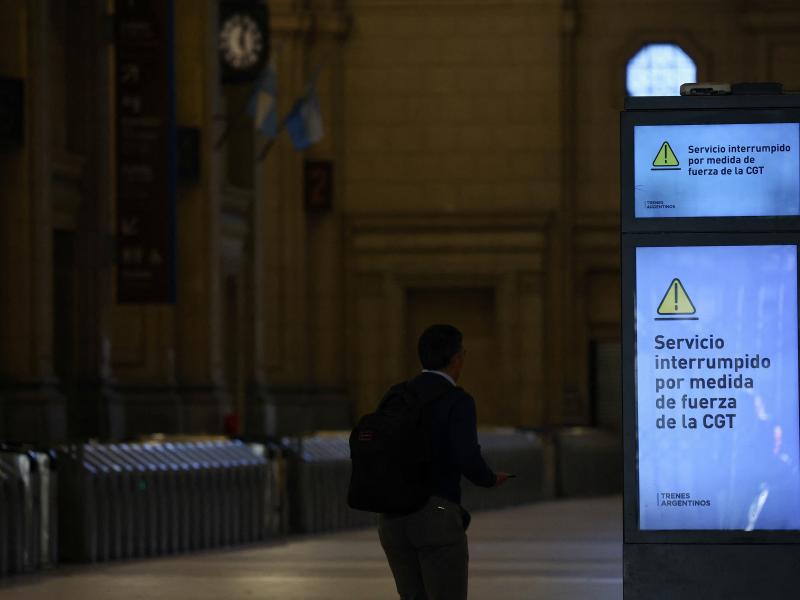“We drink less water and mostly face the problem of diabetes because there is no time for meals.”
Rinku Sharma has worked as an Ola and Uber driver for five years. She works at the international airport with 200 women transport workers, mainly drivers of trucks, auto vehicles and rickshaws.
Rinku says they are satisfied with the airport’s sanitary conditions:
“The big washrooms, bathrooms, and clean toilets. The airport has all these things.
We feel good when we are at the airport. But when we start driving, we face many problems regarding toilets because we cannot go to the washroom for eight hours.”
She says the number of public toilets is inadequate to meet their needs.
“The government provides washrooms, but they are unavailable in many places. They are not clean, and they are closed evenings. So public toilets are not our favourite option to use. Even if we find one, we need to pay 10 Rupees to use the toilets. If we use the washroom, then we have to pay for it. Even sanitary napkins are not free. You have to put a coin, and only then will you get that sanitary napkin. You get nothing without money.”
Rinku says lack of access to sanitation has a harmful impact on their health.
“We are in traffic all day. We drink less water and mostly face the problem of diabetes because there is no time for meals. We wait seven or eight hours to go to the toilet. We have to control ourselves and hold on to it during this time. Many women who have delivered babies have had an operation, so the doctor told them they could not hold it for many hours. Those women get so much pain in their stomachs after going to the washroom.”
Like her colleagues, Rinku often drives to petrol stations to use the bathroom.
“We mostly use the ones at the petrol pump. The bathrooms are not so clean. There is a washroom for ladies; I don’t know why they mostly keep it locked, so we have to use the gents’ washroom. That gives a bad feeling. And like when we cannot hold it in anymore, it is all about holding it in, only sometimes we also have to go to the gents’ toilet.”
Rinku demands that public washrooms be free for all women, including women transport workers. She says:
“My request for the Indian government is that washrooms and sanitary napkins be free for women. Also, new washrooms should be built to ensure that washroom facilities are everywhere and accessible.”
Safe access to decent sanitation facilities is vital for all workers, but it is an issue felt particularly acutely by women transport workers. To break down these barriers for women working in the transport industry, and the wider world of work, and to ensure dignity and safety for all workers, trade unions around the world are taking up the campaign for better conditions.
Rinku’s story is part of a new exposé of the sanitation conditions faced by workers in public transport around the world. The report, Sanitation rights are human rights: public transport worker voices, profiles the stories of public transport workers and their everyday reality of having insufficient access to safe, clean, decent sanitation facilities.


